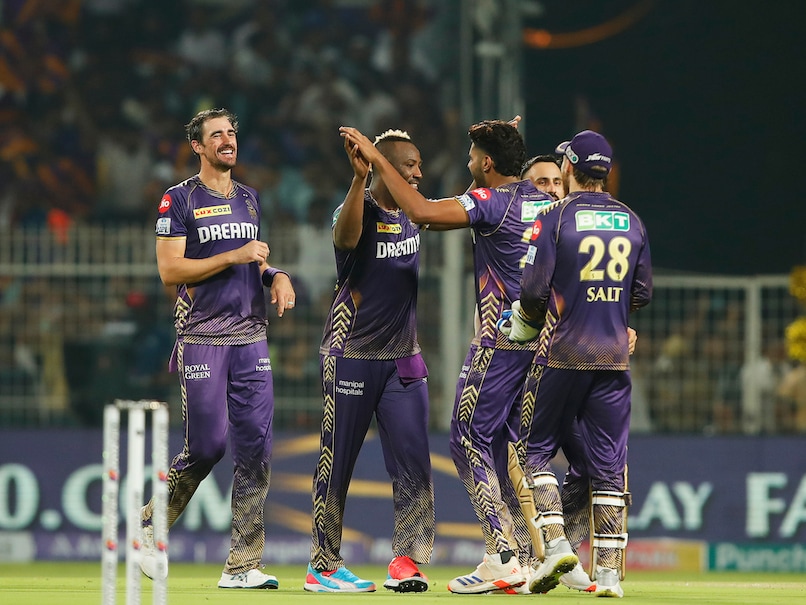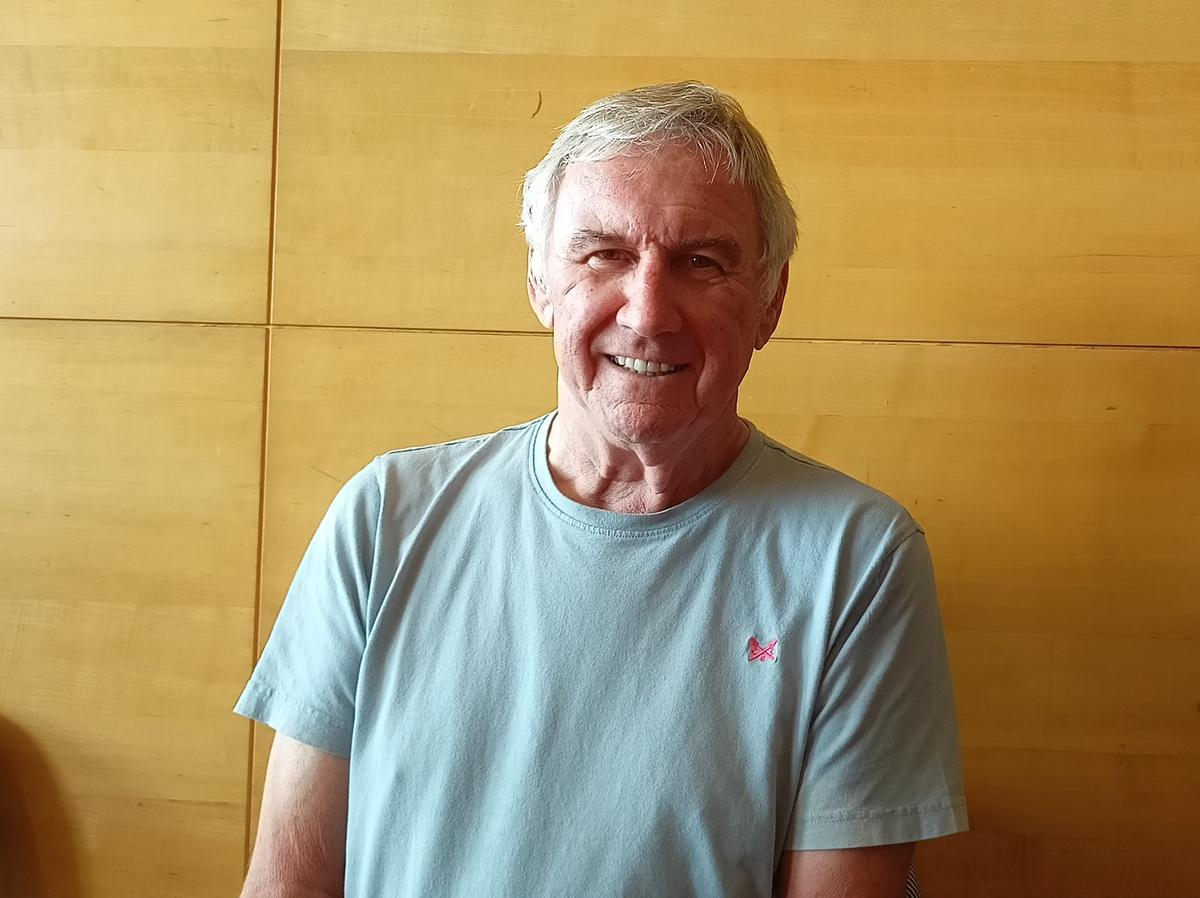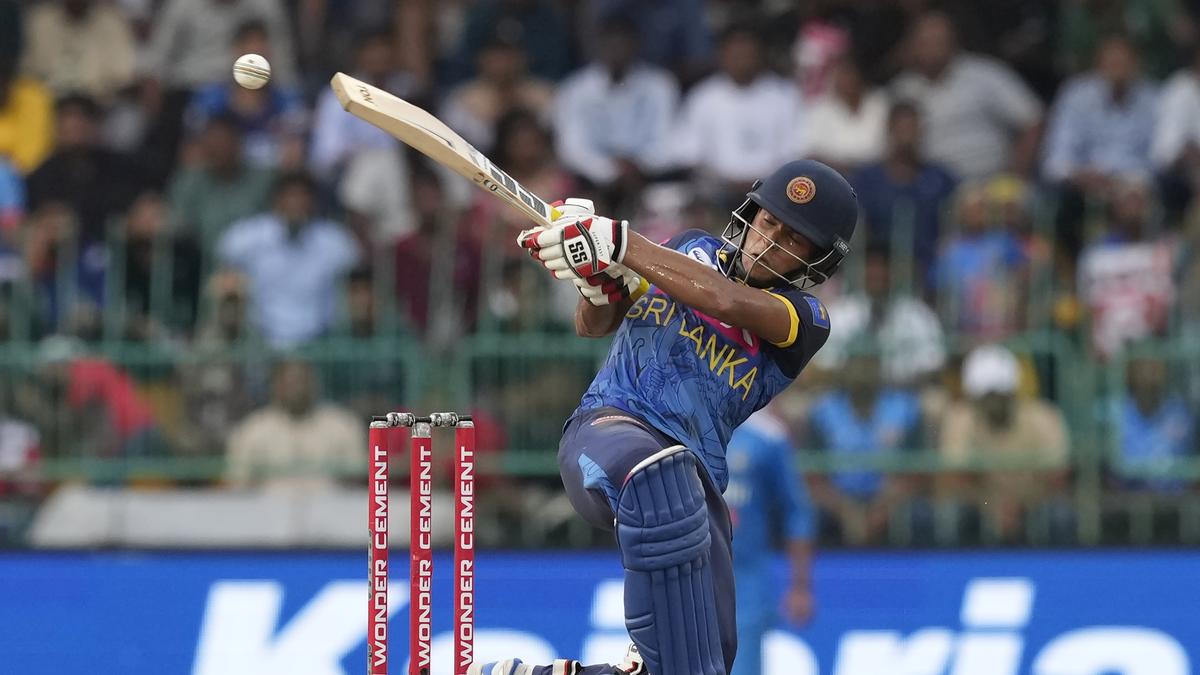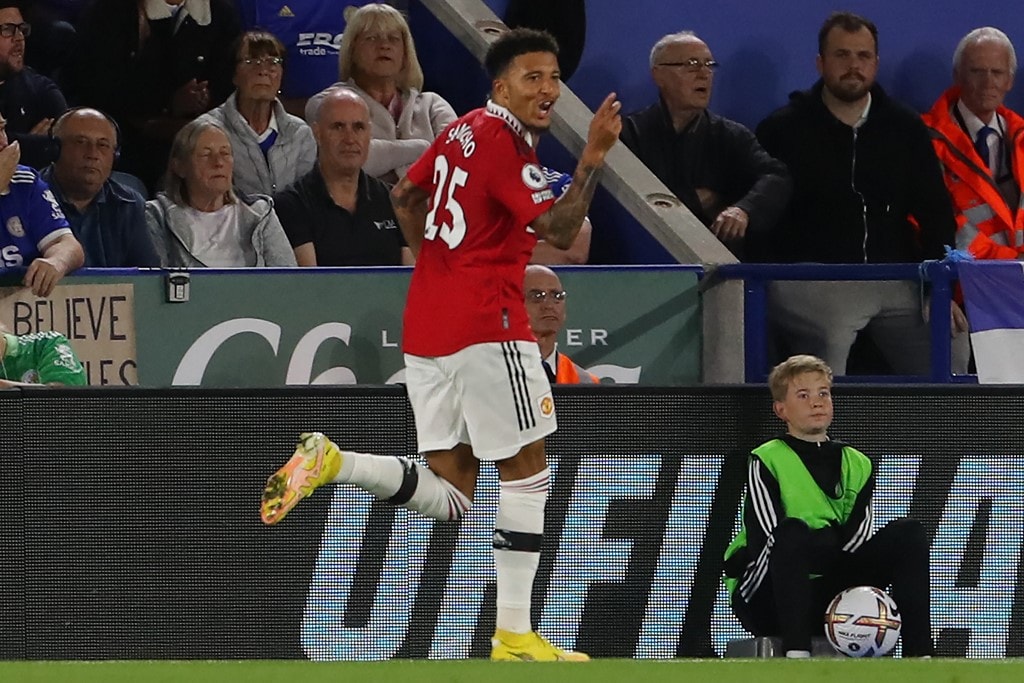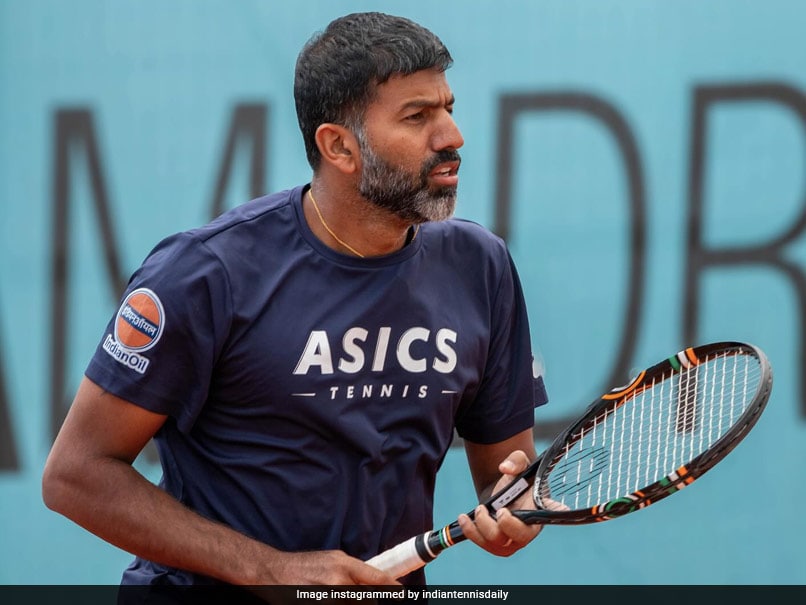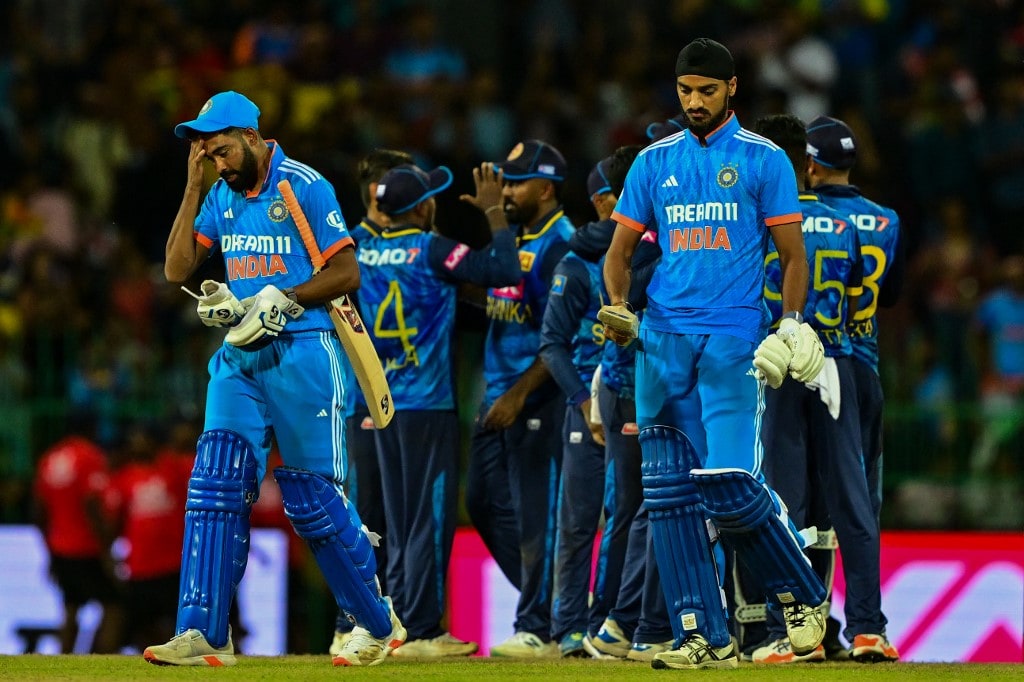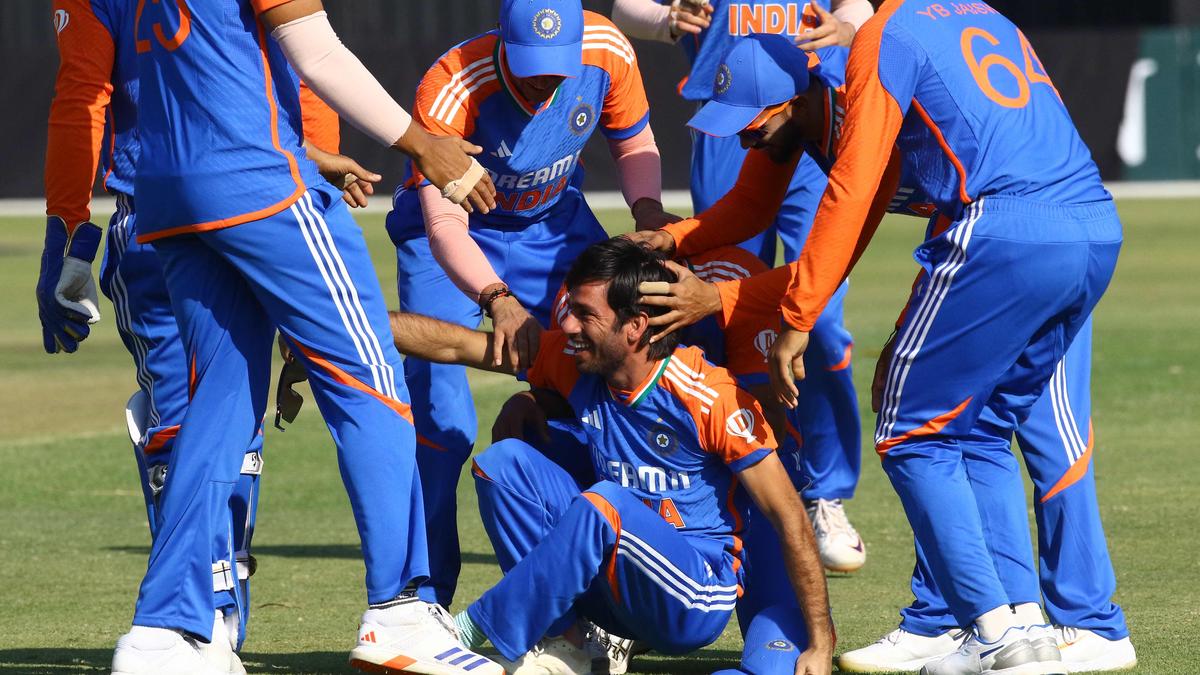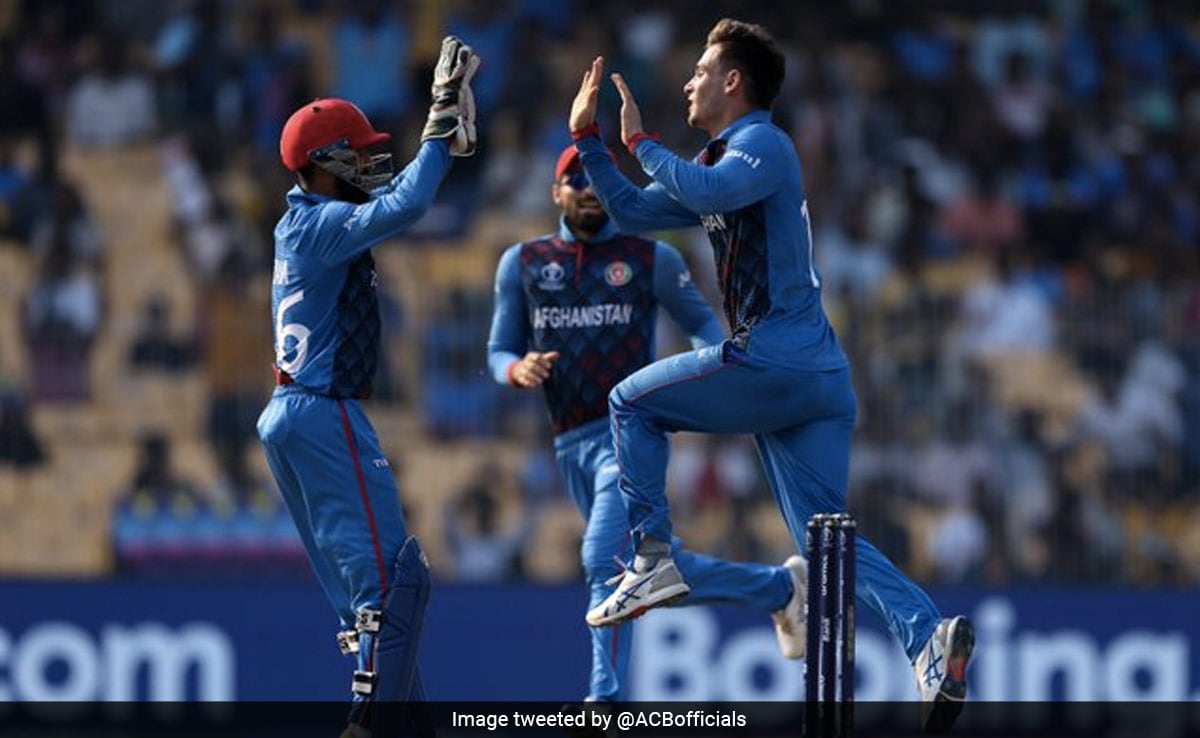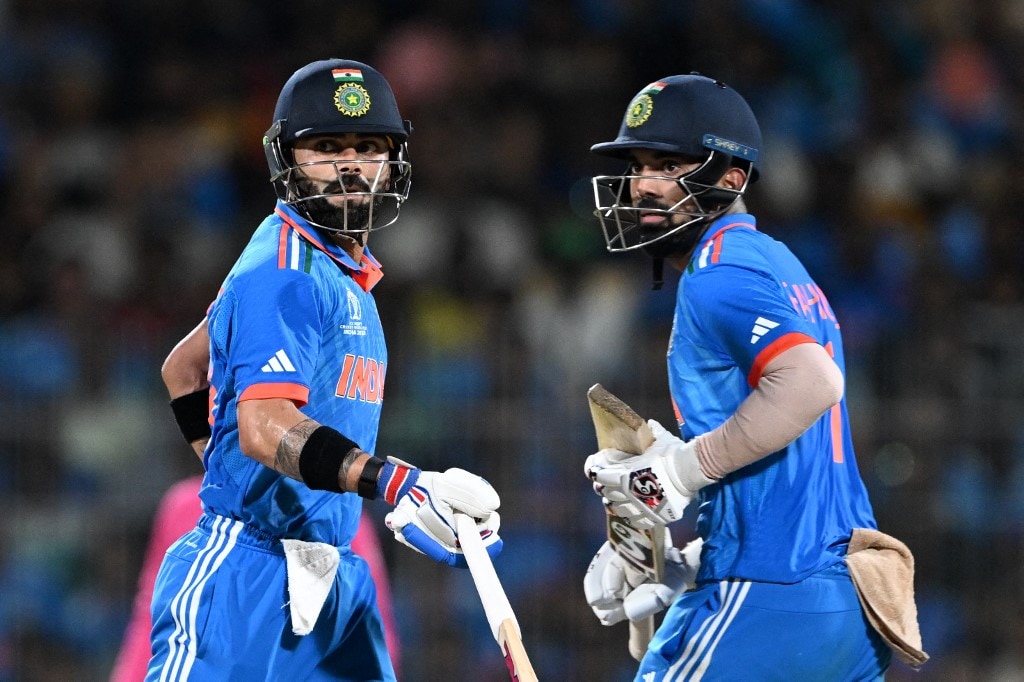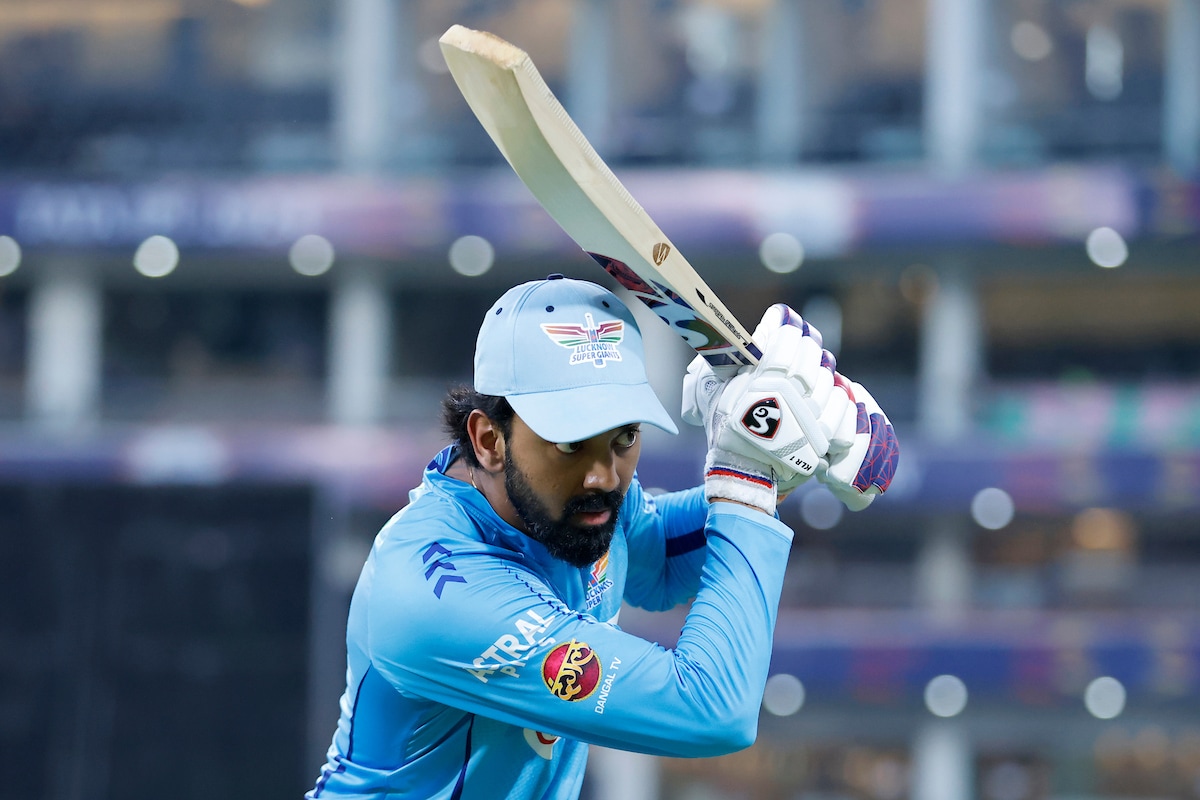On England’s tour of India in 1976-77, John Lever found himself becoming an unintended brand ambassador for Vaseline. The series might be remembered more for the Vaseline-ball controversy from the third Test in Chennai, but before that, the pacer had registered match figures of 10 for 70 after making 53 lower down the order on his Test debut at New Delhi. A decade later, he made a comeback to end his career with the 1986 Leeds Test against India. Excerpts from an interview Lever gave The Hindu.
It was quite a Test debut, wasn’t it? Ten wickets in the match, a half-century, and an innings win for England.
Coming to India, I was expecting hot conditions and flat wickets. But it was really cool in New Delhi; it was nearly a two-sweater occasion, long-sleeve sweater.
So were the wickets rather flat on that tour?
They were fairly flat. There was one quick wicket in that Test series; I think it was in Bangalore or Madras. The ball went quite quickly from Bob Willis, but it always turned a bit and Derek Underwood was our premier spin bowler. And I think he got the most wickets on the tour, didn’t he?
Yes, he did – 29. And you had the second-highest number of wickets: 26. Ten of them came in the first Test in Delhi.
The Indian ball swung a bit, but it wasn’t the first ball. It had gone soft fast and they had changed it. The conditions also helped a bit; there was some sort of a mist around. We had batted first and posted good runs on the board, and that meant there was less pressure.
I remember my first wicket: I had Aunshuman Gaekwad lbw with a ball that swung into him. I don’t remember how I got Sunil Gavaskar out, though. Gavaskar was India’s best player by a long way. I think his batting was a turning point for Indian cricket. All of a sudden, India had somebody who was going to take on the quick, quick bowlers. And he played them really well.
You didn’t bat too badly in your maiden Test innings, making a fifty coming in at No. 9.
Every bowler remembers when they bat well. I kept playing forward and nicking it to third-man for fours, which kept the scoreboard moving. B.S. Chandrasekhar was the guy that we all feared. There was this noise the ball made when it came down; it really fizzed through the air. The three Indian spinners — Chandra, Erapalli Prasanna and Bishan Bedi — will always stay in my memory. They were so different.
Connoisseur of swing: Lever picks out Wasim Akram, James Anderson and Jasprit Bumrah as the bowlers who have impressed him the most. | Photo credit: P.K. Ajith Kumar
The series is remembered more for the Vaseline incident. It was one of the first controversies regarding the ball…
I was disappointed more than anything else. I remember we went to Madras for the third Test [with a 2-0 lead in the five-match series]. It was hot. I played a lot of football and used to use some Vaseline to stop the sweat going [into my eyes]. I asked our physio if we had some and he said, ‘No’. So that morning, he went out to the chemist and came back with Vaseline-impregnated gauze. Bob Willis and I put it on [our foreheads].
After bowling his first ball, Bob threw it away, but I kept mine on, and it wasn’t comfortable. When we went to lunch, I said, ‘Oh you know, I’m not sure about this,’ and I threw it down on the floor. The umpire pounced on it.
Bish accused me of cheating. It hurt. I had already played nine years in county cricket. I fell out with him, and we had a big row. I think he was under a bit of pressure at the time. But I did shake hands with him a couple of years ago, when he was in England. I bumped into him, and I said, ‘Long time ago, we can’t carry on not talking to each other’. So everything was okay.
And the fact is Vaseline doesn’t really help the ball swing, you know. The ball was sent to England to be analysed and it went to some police scientific place. They came up with sun cream, sweat and saliva but no Vaseline. But that never came out.
But it is something that you have to live with; you know one of those things you can’t undo. It is okay, but there were those big signs when we got into the stadium, saying ‘Cheater Lever, go home’, ‘Tony Greig go home.’ Yet when you waved to the crowd they were all waving back and smiling, and you didn’t feel any hatred.
How did you put the Vaseline incident behind you?
I thought there was going to be a big backlash when we would go to Australia. I thought the Australian crowds were going to be mentioning it all the time, but it just passed. That didn’t happen. And they were quite dismissive about it. I have seen so many quick bowlers getting lots of wickets and then all of a sudden somebody gets the idea that, well, they must be throwing it. And I think that was levelled against me too at one stage because I used to bowl with my sleeves down.
Bob Woolmer was your teammate on that India tour. Did he give any indication that he would go on to become such a successful coach?
No. He was a good player, he talked a lot about the game, but we ignored him. He had a very mysterious death, as well.
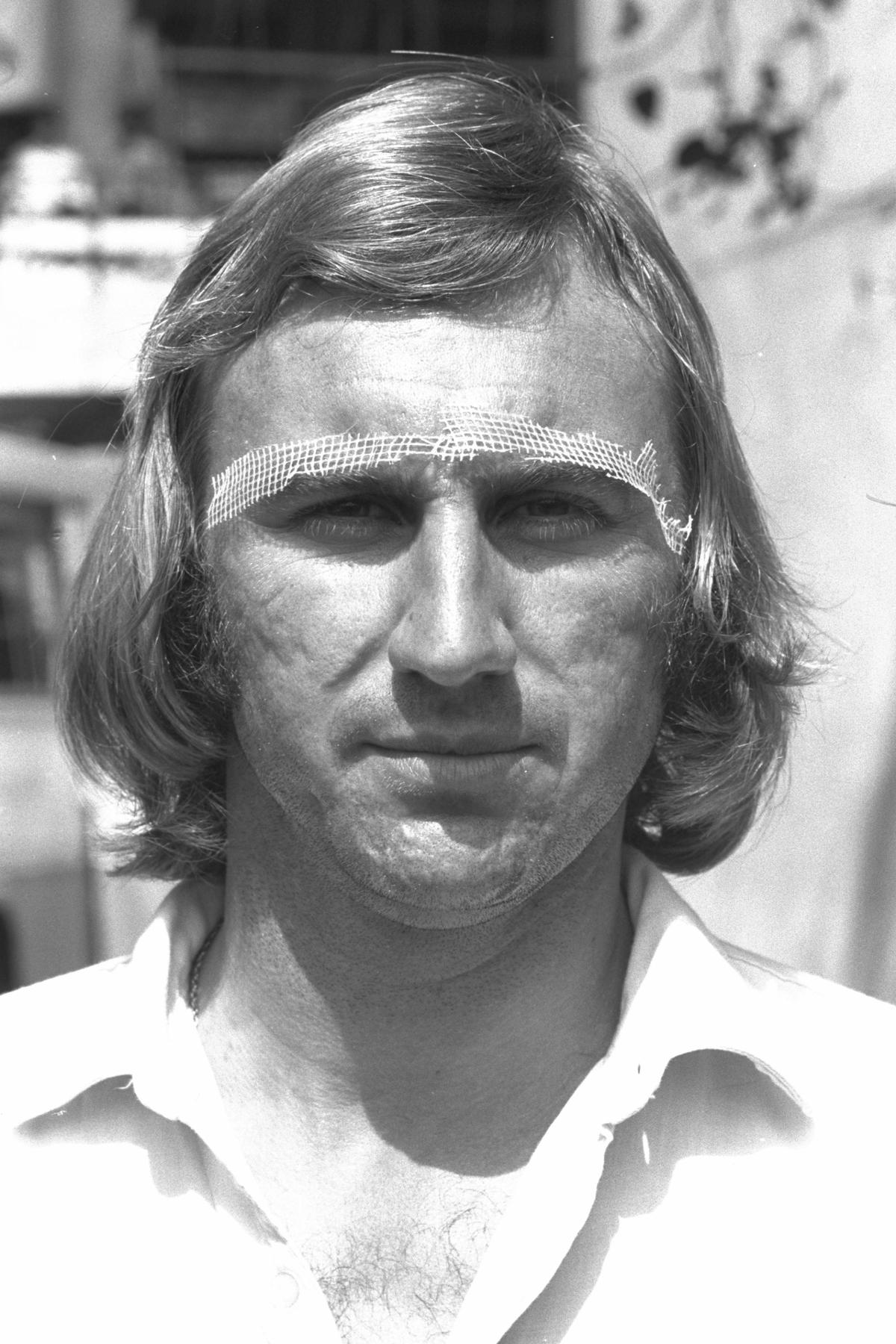
What started it: Lever and the Vaseline-impregnated strip of gauze that caused the controversy. | Photo credit: Adrian Murrell/Getty Images
Which swing bowlers have impressed you over the years?
When I started, Garry Sobers was a great swing bowler. He was quite quick as well. He was really my idol. He was really a nice man, as well. I played against him. I hadn’t been playing for long, and we were playing against Nottinghamshire. He came and talked to me, and he didn’t have to do that. James Anderson has been head and shoulders above the rest of his generation. Jasprit Bumrah is a thinking bowler. He doesn’t just run up and hit the deck, he is always looking to do something with the ball. Wasim Akram is the best left-arm pacer I have ever come across. He had pace and reverse swing.
In our days, what we used to do was to put enough sweat on one side of the ball to make it heavy then it used to swing that way. But now they keep it very, very dry and then just polish one side. When playing on the subcontinent, you had to find a way of making the ball swing. If it doesn’t swing, it’s going to be a very boring game, isn’t it?
The toughest batters you bowled to?
The people that put you under pressure as a bowler would be the people who can play and hit a good ball. So your best dot ball could go for runs. A lot of the West Indian batters, Viv Richards and Gordon Greenidge were like that. Then Barry Richards and Graham Gooch.


